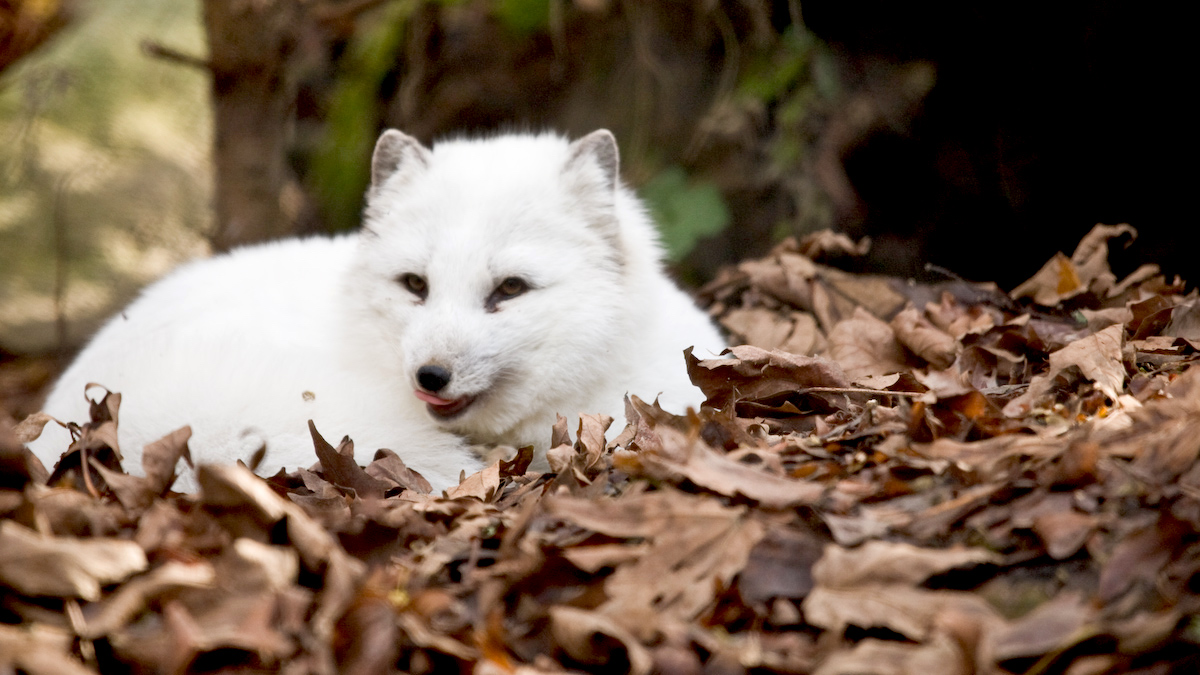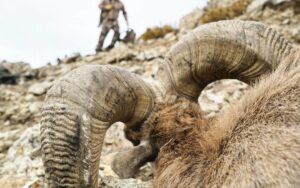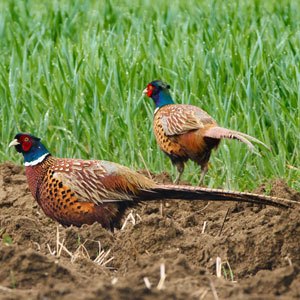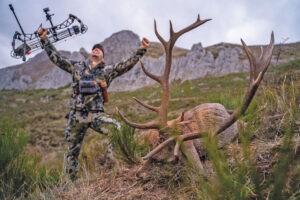Introduction
Definition of climate change
Climate change refers to long-term shifts in temperature and weather patterns on a global scale. It is primarily caused by human activities, such as the burning of fossil fuels and deforestation, which release greenhouse gases into the atmosphere. These gases trap heat from the sun, leading to a gradual increase in the Earth’s average temperature. Climate change has far-reaching impacts on ecosystems and species, affecting their habitats, migration patterns, and overall survival. The importance of understanding and addressing climate change cannot be overstated, as it poses a significant threat to the planet’s biodiversity and the delicate balance of nature. As hunters, we have a crucial role to play in conservation efforts to mitigate the effects of climate change and ensure the preservation of our natural resources for future generations.
Importance of conservation
The importance of conservation in addressing climate change cannot be overstated. As the planet continues to warm and natural habitats are threatened, it is crucial that we prioritize the preservation of our environment. Conservation efforts play a vital role in mitigating the impacts of climate change by protecting biodiversity, promoting sustainable practices, and preserving ecosystems. Hunters, in particular, have a unique role to play in conservation. By responsibly managing wildlife populations and supporting habitat restoration projects, hunters can contribute to the overall health of ecosystems and help maintain a balance between species. Their involvement in conservation initiatives is essential for ensuring the long-term survival of both game and non-game species, as well as the preservation of our natural heritage.
Role of hunters in conservation
Hunters play a crucial role in conservation efforts to address climate change. With their intimate knowledge of the natural environment, hunters are able to contribute valuable insights and observations about the impact of climate change on wildlife populations. They can provide data on shifts in migration patterns, changes in habitat availability, and the overall health of various species. Additionally, hunters often engage in sustainable hunting practices, which help maintain balanced ecosystems and prevent overpopulation. By actively participating in conservation initiatives and advocating for responsible hunting practices, hunters can make a significant difference in preserving biodiversity and mitigating the effects of climate change.
Effects of Climate Change on Wildlife
Loss of habitat
Loss of habitat is one of the most significant challenges in the context of climate change and conservation. As temperatures rise and weather patterns become more unpredictable, many species are losing their natural habitats. Deforestation, urbanization, and the expansion of agriculture are major contributors to the loss of habitat. This has severe consequences for biodiversity, as species struggle to adapt and survive in changing environments. The role of hunters in addressing this issue is crucial. By supporting sustainable hunting practices and advocating for the protection of wildlife habitats, hunters can play a vital role in mitigating the loss of habitat and ensuring the long-term conservation of our natural resources.
Changes in migration patterns
Climate change is having a profound impact on the migration patterns of various species, and hunters play a crucial role in understanding and addressing these changes. As temperatures rise and habitats shift, animals are forced to adapt their migration routes and timing. This can result in significant challenges for both wildlife and hunters. By closely monitoring these changes, hunters can contribute valuable data to scientific research and conservation efforts. Additionally, hunters can adapt their hunting strategies to ensure sustainable management of game populations in the face of changing migration patterns. Their knowledge and experience in tracking and understanding animal behavior can help inform conservation practices and promote the long-term survival of species in a changing climate.
Impact on biodiversity
Climate change has a significant impact on biodiversity, posing a major threat to the delicate balance of ecosystems. Rising temperatures, changing precipitation patterns, and extreme weather events disrupt the natural habitats and migration patterns of many species. This disruption can lead to the loss of biodiversity, as some species struggle to adapt or face increased competition for resources. Additionally, climate change can alter the timing of key ecological events, such as flowering and breeding, which in turn affects the availability of food and resources for various organisms. The hunter’s role in conservation becomes crucial in mitigating the effects of climate change on biodiversity. By practicing sustainable hunting practices, hunters can help maintain healthy populations, prevent overpopulation, and contribute to the overall preservation of biodiversity in the face of this global challenge.
Challenges Faced by Hunters
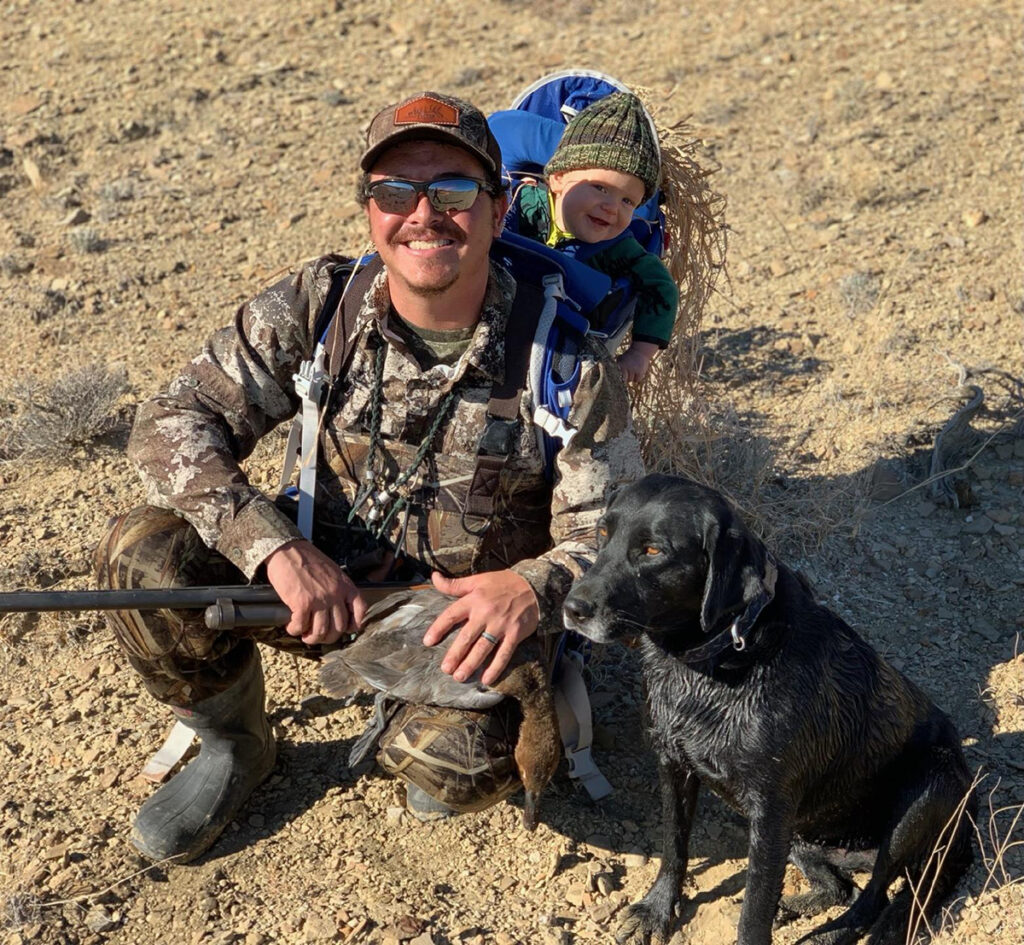
Decline in game populations
Climate change and its impact on game populations have become a growing concern in recent years. The decline in game populations has been attributed to various factors, including changes in habitat, food availability, and migration patterns. As temperatures rise and extreme weather events become more frequent, ecosystems are being disrupted, leading to a decrease in the abundance and diversity of game species. This decline not only affects the hunting community but also has broader implications for the balance of ecosystems and the overall health of our planet. It is crucial for hunters to recognize the role they play in conservation efforts and to adapt their practices to mitigate the effects of climate change on game populations.
Adapting to changing hunting seasons
As climate change continues to impact ecosystems around the world, hunters are faced with the challenge of adapting to changing hunting seasons. The shifting patterns of weather and wildlife migration have led to alterations in the timing and duration of hunting seasons. This requires hunters to be more flexible and proactive in their approach to hunting. They must stay informed about the latest changes in regulations and adapt their hunting strategies accordingly. Additionally, hunters can contribute to conservation efforts by participating in citizen science programs and reporting their observations of species behavior and population trends. By actively engaging in these activities, hunters can play a crucial role in understanding and mitigating the effects of climate change on wildlife populations.
Ethical considerations
Ethical considerations play a crucial role in addressing climate change and conservation, particularly in the context of the hunter’s role. As hunters engage in activities such as hunting, fishing, and wildlife management, it is important for them to consider the ethical implications of their actions. This includes ensuring sustainable practices, respecting animal welfare, and supporting conservation efforts. By adhering to ethical principles, hunters can contribute to the larger goal of mitigating climate change and preserving biodiversity. Additionally, ethical considerations promote a deeper understanding of the interconnectedness between humans, wildlife, and the environment, fostering a more sustainable and harmonious relationship with nature.
Conservation Strategies for Hunters

Supporting habitat restoration
Supporting habitat restoration is crucial in the fight against climate change and for the conservation of our natural resources. Hunters play a significant role in this effort by actively participating in habitat restoration projects. By restoring and enhancing habitats, hunters contribute to the preservation of biodiversity and the protection of endangered species. They help create thriving ecosystems that can better withstand the impacts of climate change, such as extreme weather events and habitat loss. Additionally, habitat restoration provides important recreational opportunities for hunters, ensuring the sustainability of their hunting traditions. Through their involvement in habitat restoration, hunters demonstrate their commitment to environmental stewardship and their dedication to preserving our natural heritage for future generations.
Participating in wildlife management programs
Participating in wildlife management programs is crucial for addressing the challenges of climate change and conservation. As hunters, we have a unique opportunity to contribute to the preservation of wildlife and their habitats. By actively engaging in these programs, we can help monitor and manage wildlife populations, promote sustainable hunting practices, and support conservation efforts. Through our involvement, we can play a vital role in maintaining the delicate balance of ecosystems and ensuring the long-term survival of various species. By understanding the impacts of climate change on wildlife and actively participating in management initiatives, we can make a significant difference in mitigating the effects of climate change and protecting our natural heritage.
Promoting sustainable hunting practices
Promoting sustainable hunting practices is crucial in addressing the challenges of climate change and conservation. By adopting sustainable hunting practices, hunters can play a significant role in preserving biodiversity and promoting ecosystem health. This can be achieved through responsible hunting practices, such as adhering to hunting regulations, practicing selective hunting, and conserving habitats. Sustainable hunting also involves supporting conservation efforts, such as participating in wildlife management programs and contributing to the protection of endangered species. By promoting sustainable hunting practices, hunters can contribute to the overall goal of mitigating the impacts of climate change and ensuring the long-term sustainability of our natural resources.
Collaboration between Hunters and Conservation Organizations
Partnerships for conservation initiatives
Partnerships play a crucial role in conservation initiatives, especially when it comes to addressing the challenges posed by climate change. In the context of hunting, partnerships between hunters, conservation organizations, and government agencies have become increasingly important. These collaborations allow for the development and implementation of effective strategies to protect and preserve natural habitats and wildlife populations. By working together, hunters can contribute their knowledge and expertise to conservation efforts, ensuring the sustainable management of ecosystems and the protection of endangered species. Furthermore, partnerships provide opportunities for education and awareness, promoting a greater understanding of the importance of conservation among hunters and the wider community. Through these partnerships, hunters can actively participate in the fight against climate change and make a positive impact on the environment.
Sharing knowledge and resources
In the face of climate change, it is crucial for hunters to come together and share their knowledge and resources. By pooling their expertise and experiences, hunters can develop strategies to adapt to the changing environment and contribute to conservation efforts. Sharing knowledge about the impacts of climate change on wildlife populations, habitat changes, and migration patterns can help hunters make informed decisions and adjust their hunting practices accordingly. Additionally, sharing resources such as hunting equipment, land access, and conservation funding can ensure that all hunters have the necessary tools and support to continue their important role in conservation. Collaboration and cooperation among hunters will be essential in addressing the challenges posed by climate change and ensuring the long-term sustainability of our natural resources.
Advocacy for policy changes
Advocacy for policy changes is crucial in addressing the challenges of climate change and conservation. Hunters play a significant role in advocating for policies that promote sustainable practices and protect wildlife habitats. By engaging with policymakers and sharing their experiences and knowledge, hunters can contribute to the development of effective policies that balance the needs of both humans and the environment. Through their active involvement, hunters can help ensure the preservation of natural resources and the long-term sustainability of our ecosystems.
Conclusion

The importance of hunters in conservation efforts
Hunters play a crucial role in conservation efforts, especially when it comes to addressing the challenges posed by climate change. As stewards of the land, hunters have a deep understanding of the ecosystems they inhabit and the species they pursue. They are often at the forefront of conservation initiatives, working to protect and manage wildlife populations, preserve habitats, and promote sustainable hunting practices. By actively participating in conservation efforts, hunters contribute to the preservation of biodiversity and the long-term sustainability of our natural resources. Their knowledge, experience, and dedication make them invaluable allies in the fight against climate change and the preservation of our planet’s delicate balance.
Call to action for hunters
As the impacts of climate change continue to threaten our natural world, it is imperative that hunters step up and take action. Hunters have a unique understanding of the delicate balance of ecosystems and the importance of conservation. By embracing sustainable hunting practices and advocating for policies that protect our environment, hunters can play a crucial role in mitigating the effects of climate change. It is time for hunters to unite and use their skills and knowledge to preserve our planet for future generations.
Future prospects for climate change and conservation
The future prospects for climate change and conservation are both challenging and hopeful. As the impacts of climate change continue to intensify, it is crucial for hunters to play a significant role in conservation efforts. By understanding the effects of climate change on wildlife habitats and populations, hunters can adapt their practices to minimize negative impacts and promote sustainable hunting practices. Additionally, hunters can contribute to conservation by supporting initiatives that aim to mitigate climate change, such as reforestation projects and the reduction of greenhouse gas emissions. The involvement of hunters in climate change and conservation efforts is essential for preserving biodiversity and ensuring the long-term survival of wildlife species.

